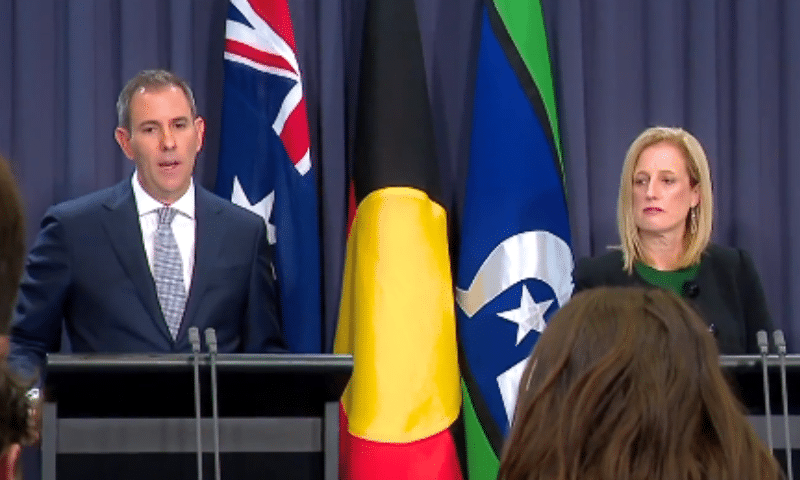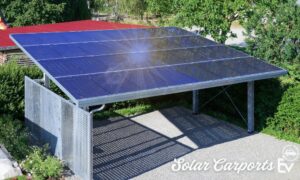The Australian government has announced in its budget plan that millions of Australians will receive relief from high energy bills. The government’s budget will include a provision to reduce energy costs for households and small businesses.
You may already have an energy plan but want to shop for a better deal.
Energy Matters’ “Energy Health Check” is a cutting-edge energy comparator tool that allows you to compare your area’s most competitive retail offers. We collect the data from our wide range of trusted retailers, allowing you to decide about changing your plan.
If your goal is to minimise the cost of your gas and electricity bills, switch to a better plan now!
According to reports, households will receive $14.6 billion in federal assistance for bills ranging from energy subsidies to healthcare as part of a budget plan to lower inflation and prevent growing prices from affecting family income.
The relief measures are part of the government’s efforts to address the rising cost of living for Australian households, which has been a major concern for many families in recent years. The government has acknowledged that energy bills are a significant contributor to the cost of living, and the relief measures are intended to provide some relief to struggling households.

The $14.6 billion package is broader than initially imagined since it includes assistance with medicines and other necessities, as well as bill relief for small businesses.
Check our page to learn more about up to $20,000 bonus tax deductions for small and medium-sized businesses.
While the exact details of the relief measures are yet to be finalised, the government has said it will work with energy companies to ensure that the benefits are passed on to consumers. This means that energy companies will be required to provide lower prices or rebates to eligible households and small businesses.
Not enough to address the underlying issues
The announcement has been welcomed by many, including consumer groups and advocacy organisations. However, some have expressed concerns that the relief measures may not be enough to address the underlying issues that are driving up energy costs in Australia.
One of the main factors contributing to high energy bills is the reliance on fossil fuels for energy production. Australia is one of the largest producers of coal in the world, and many of its energy companies continue to rely on coal-fired power stations. This has led to higher energy prices, as well as contributing to climate change and other environmental problems.
Budget preview 2023
Treasurer Jim Chalmers’ 2023 budget has been eagerly awaited by many Australians, as it is expected to provide a roadmap for the country’s economic recovery from the pandemic. The budget is set to be unveiled and there have been several leaks and announcements about what it will include.
One of the key features of the budget is expected to be a significant investment in infrastructure, with the government hoping to create jobs and boost economic growth by increasing spending in this area. This investment is expected to be targeted towards areas such as transport, energy, and telecommunications, with a focus on improving connectivity and supporting regional development.

Treasurer Jim Chalmers (left) and Finance Minister Katy Gallagher (right) have spoken about the budget and given television interviews ahead of delivering the Budget on Tuesday night at Parliament House in Canberra.
Another major area of focus for the budget is likely to be climate change, with the government expected to announce significant measures aimed at reducing Australia’s carbon emissions. This could include increased funding for renewable energy projects, as well as initiatives aimed at encouraging businesses and individuals to reduce their carbon footprint.
There are also reports that the budget will include measures aimed at improving Australia’s housing affordability crisis, with a focus on increasing the supply of affordable housing and supporting first-home buyers. This could include initiatives such as increased funding for public housing and changes to tax policies aimed at reducing the cost of buying a home.
In addition to the measures outlined above, there are also rumours of other initiatives that may be included in the budget, such as increased funding for aged care and support for the arts and creative industries. However, these are yet to be confirmed and will need to be weighed against the other priorities outlined above.
How the federal government addresses the key issues facing the country
As the budget is set to unveil, Australians will be watching closely to see how it addresses the key issues facing the country. The pandemic has created unprecedented challenges for the Australian economy, and the government’s response to these challenges will have far-reaching implications for the future.
Overall, the budget is expected to be a balancing act between stimulating economic growth and addressing pressing social and environmental issues. The government will need to strike a delicate balance between these competing priorities while also ensuring that the budget is fiscally responsible and sustainable in the long term.
Source&Images: SBS News, Reuters, Jim Chalmers MP Twitter
Is solar energy suitable for your home and business?
Energy Matters has been a leader in the renewable energy industry since 2005 and has helped over 40,000 Australian households in their journey to energy independence.
Let us discuss and choose the best quote that suits your needs and budget, and we can connect you with our trusted local solar installers in Melbourne, who will provide up to 3 FREE quotes for your home and business solar energy system. Get your free quotes today!
Energy Matters will feature stunning homes installed with the latest solar technology every Saturday at 4.30 pm on Open Homes Australia on the 9Life channel. Be sure to watch this show; you don’t want to miss it!



















































